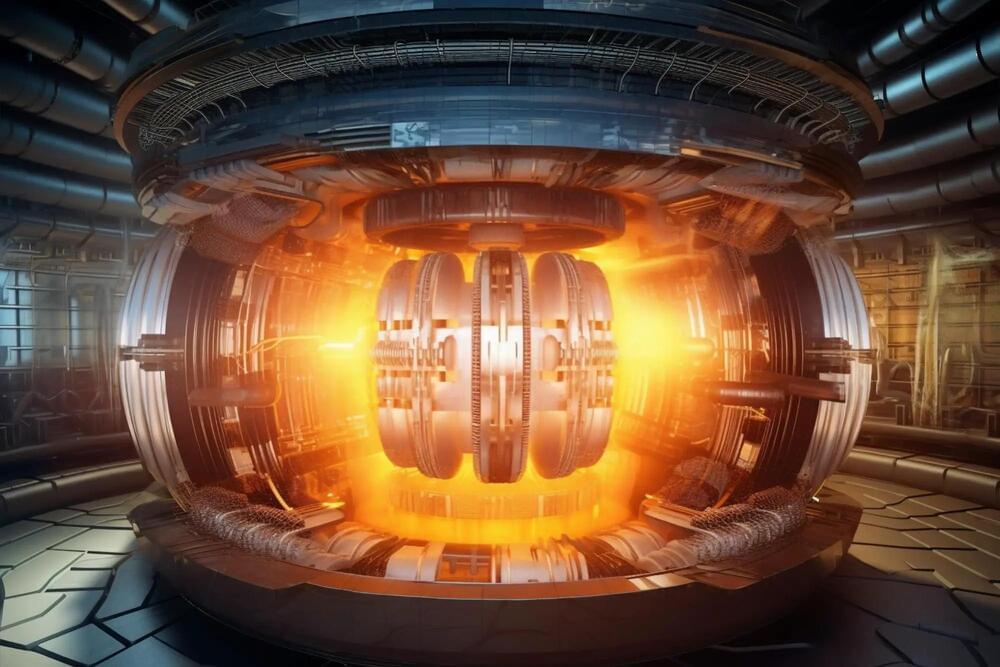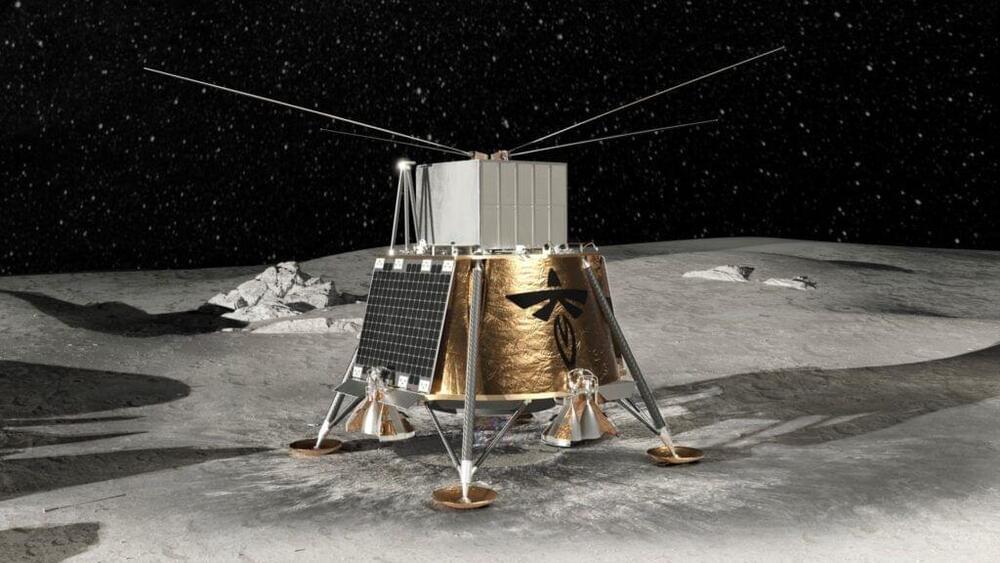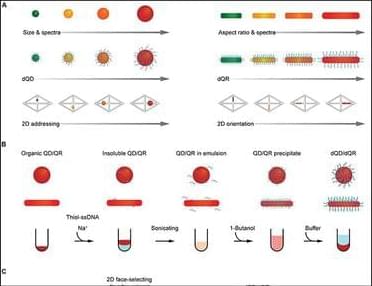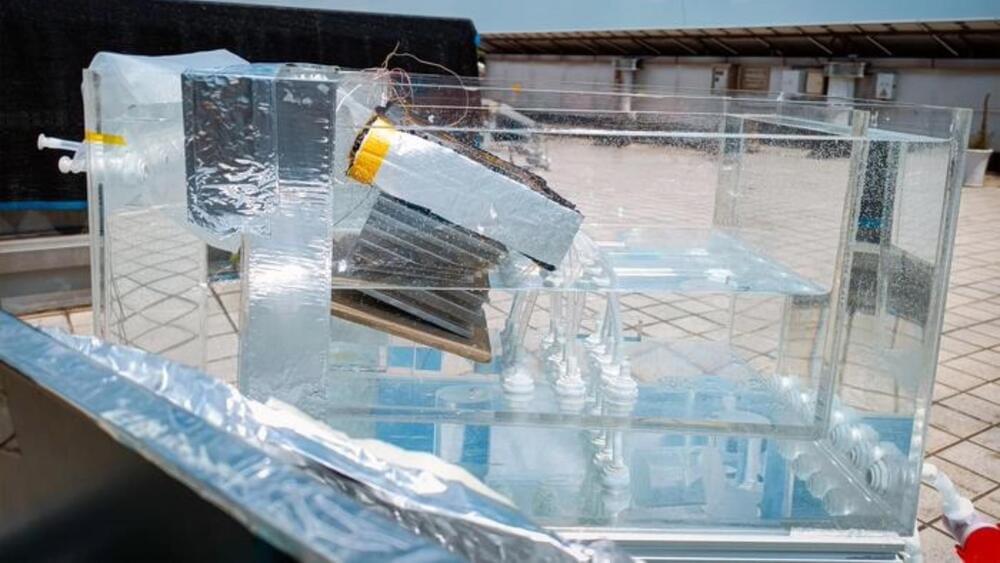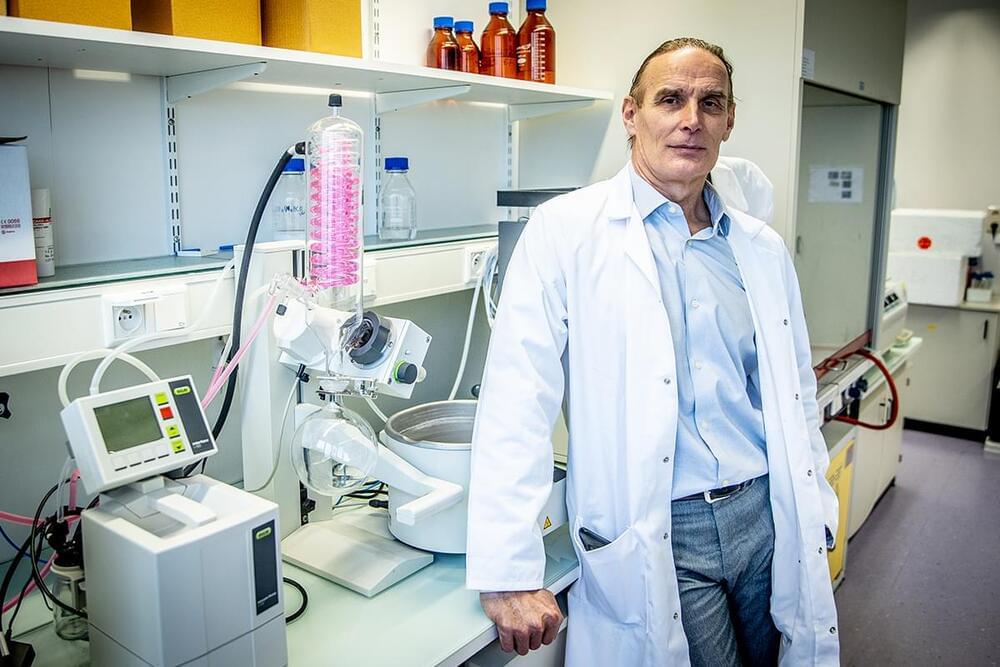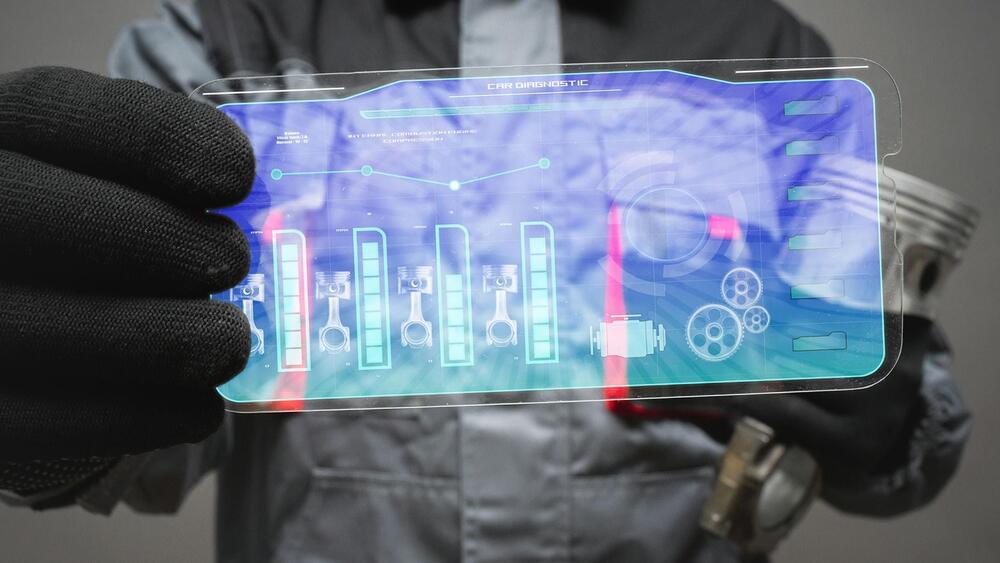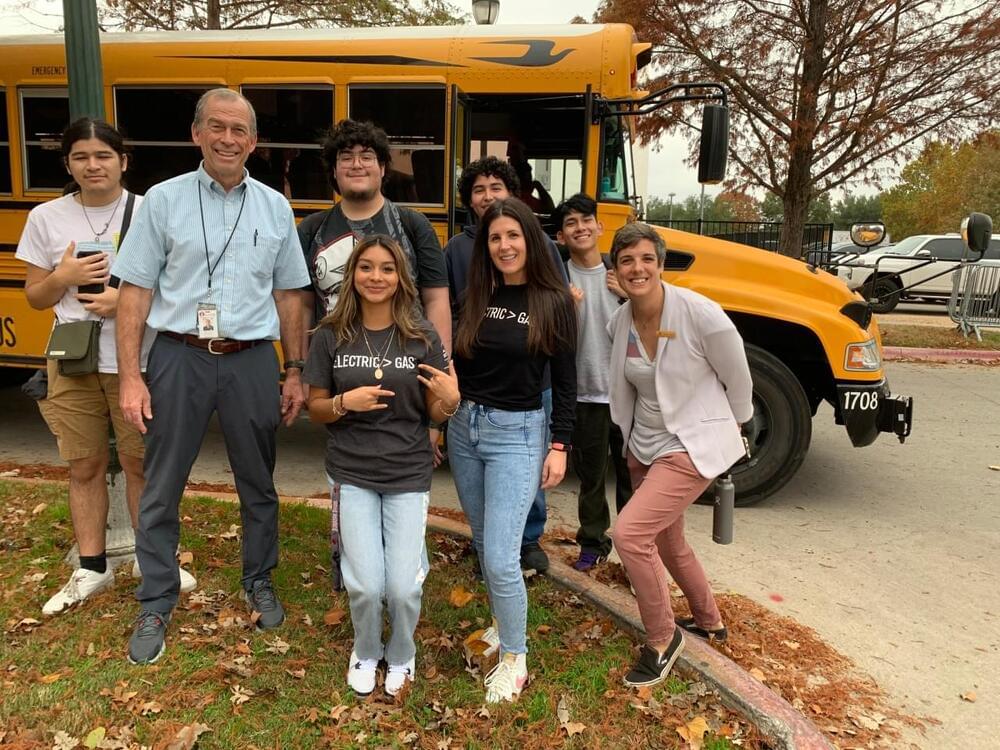Researchers have utilized Alfvén waves to mitigate runaway electrons in tokamak fusion devices, offering significant implications for future fusion energy projects, including the ITER in France.
Scientists led by Chang Liu of the Princeton Plasma Physics Laboratory (PPPL
The U.S. Department of Energy’s Princeton Plasma Physics Laboratory (PPPL) is a collaborative national laboratory for plasma physics and nuclear fusion science. Its primary mission is research into and development of fusion as an energy source for the world.
